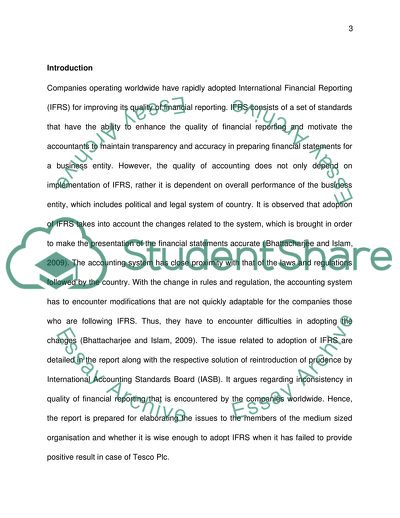Cite this document
(Earnings Reported under IFRS, Tesco and the Concept of Prudence Essay, n.d.)
Earnings Reported under IFRS, Tesco and the Concept of Prudence Essay. https://studentshare.org/finance-accounting/1844992-earnings-reported-under-ifrs-tesco-and-the-concept-of-prudence
Earnings Reported under IFRS, Tesco and the Concept of Prudence Essay. https://studentshare.org/finance-accounting/1844992-earnings-reported-under-ifrs-tesco-and-the-concept-of-prudence
(Earnings Reported under IFRS, Tesco and the Concept of Prudence Essay)
Earnings Reported under IFRS, Tesco and the Concept of Prudence Essay. https://studentshare.org/finance-accounting/1844992-earnings-reported-under-ifrs-tesco-and-the-concept-of-prudence.
Earnings Reported under IFRS, Tesco and the Concept of Prudence Essay. https://studentshare.org/finance-accounting/1844992-earnings-reported-under-ifrs-tesco-and-the-concept-of-prudence.
“Earnings Reported under IFRS, Tesco and the Concept of Prudence Essay”. https://studentshare.org/finance-accounting/1844992-earnings-reported-under-ifrs-tesco-and-the-concept-of-prudence.


